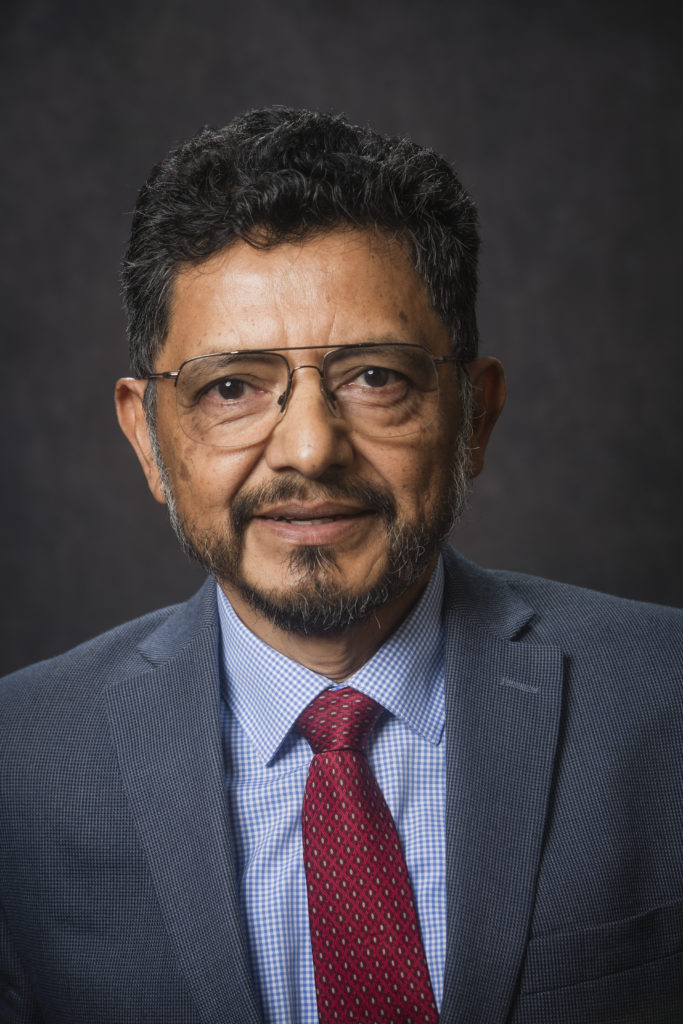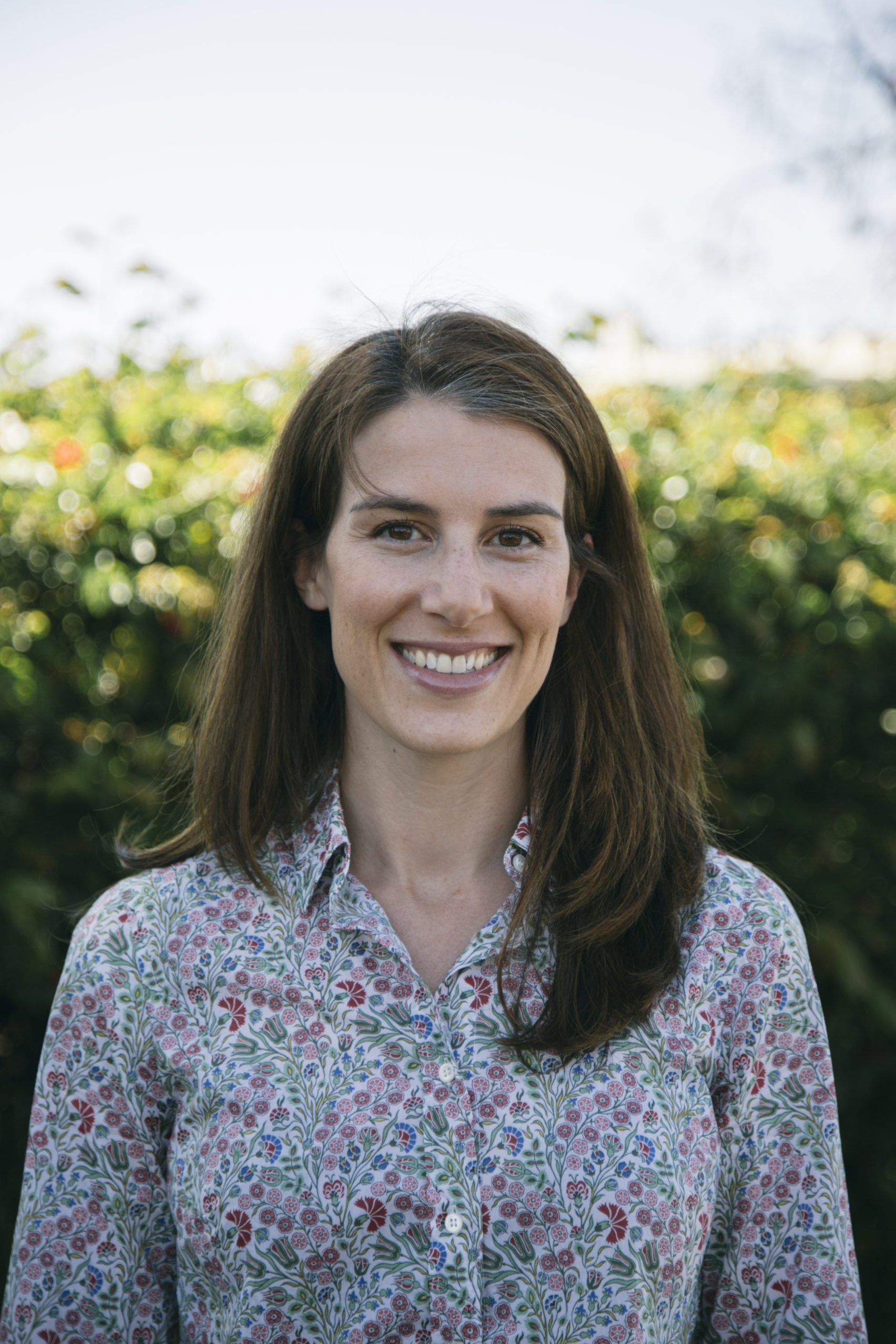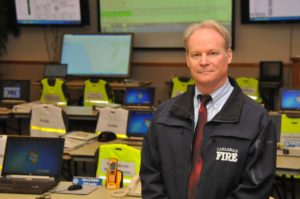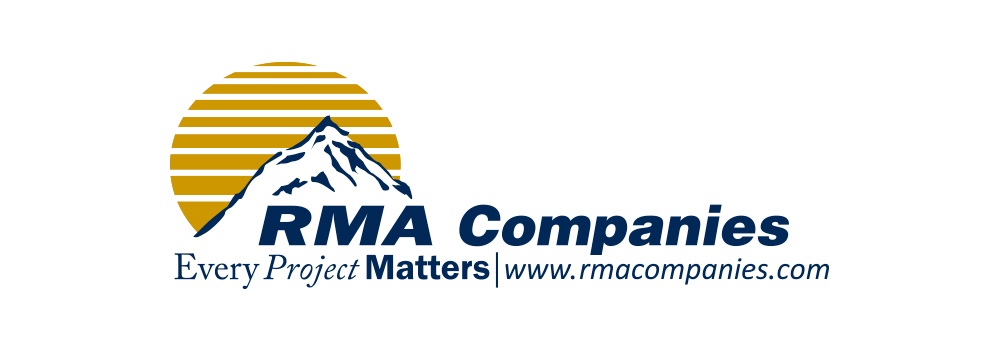EERI San Diego Chapter Webinar Series
APPLYING LESSONS LEARNED FROM COVID-19 TO EARTHQUAKE PREPAREDNESS
Global pandemics and large earthquakes are both events that have a low frequency of occurrence, but a high risk for loss of life and economic losses. As a result, our current experiences with COVID-19 can be useful for discussions about preparing for these “low frequency/high risk” events. Although currently our scientific knowledge and technology are better than they have ever been, in the past six months, COVID-19 has posed challenges for the world despite attempts to prepare for events such as this. This webinar series looks at how scenarios are used as a planning tool, what challenges can be encountered in preparing for events such as these, and what next steps can be taken for earthquake preparedness in our community.
Webinar 1: Friday, October 16th, 2020, 12:00pm PDT (day before anniversary of Loma Prieta Earthquake)
Using Scenarios for Preparedness: Comparing Pandemics and Earthquakes
View Recording of Webinar
Abstract: Scenarios are useful planning tools to help us prepare for future events, particularly events that have a low frequency of occurrence but a high risk of losses associated with them, such as large earthquakes and global pandemics. Several public health scenarios were developed in recent years to better understand and prepare for a global pandemic, prior to the COVID-19 pandemic. This webinar discusses the outcomes and conclusions of these scenarios, a comparison to our current experiences with COVID-19, and a comparison to existing earthquake scenarios and what we can learn from them in an effort to improve earthquake preparedness.
Webinar 2: Friday, October 30th, 2020, 12:00pm PDT
Common Challenges Preparing for Low Frequency/High Risk Events (Earthquakes and Pandemics)
View Recording of Webinar
Abstract: Preparing and planning for events that have a low frequency of occurrence but high risk of loss associated with them can have a number of obstacles that must be overcome in order to achieve success. These obstacles include changing public perception of risk, communicating information to a non-scientific population, and obtaining sustained political and financial support, amongst many others. These challenges are discussed in the context of our current experiences, and how those same challenges are encountered in planning for earthquakes and developing more seismically resilient communities. This webinar will also discuss some of the ways in which these challenges can be overcome by learning from the failures and successes of our experiences with COVID-19.
Webinar 3: Friday, November 13, 2020, 12:00pm PST
Next Steps for Earthquake Preparedness in Our San Diego Community
View Recording of Webinar
Abstract: Developing communities that are more earthquake resilient and better prepared for large disasters takes time, resources, and lots of planning. This webinar will focus on how to prepare in our community by looking at outreach, developing a group of stakeholders, and identifying short-term and long-term goals for San Diego. This webinar is intended to be more interactive, with discussion amongst stakeholders. The basis for this discussion will be the San Diego Earthquake Scenario released in March 2020, before the pandemic hit the San Diego region.
SPEAKERS
Jorge F. Meneses, Ph.D., P.E., G.E.,D.GE, F.ASCE, Principal Geotechnical Engineer, RMA Group, Inc.
San Diego, CA
 Jorge F. Meneses, Ph.D., P.E., G.E., D.GE, F.ASCE, Principal Geotechnical Engineer, RMA Group, Inc., has more than 30 years of consultancy, project management, research, and teaching experience, in both private industry and research institutions in the field of geotechnical and earthquake engineering. He has been involved in numerous projects serving as a technical lead in geotechnical earthquake engineering and foundation engineering across the country and various markets including water, nuclear, transportation, high rise buildings, energy, schools, hospitals, commercial and industrial.
Jorge F. Meneses, Ph.D., P.E., G.E., D.GE, F.ASCE, Principal Geotechnical Engineer, RMA Group, Inc., has more than 30 years of consultancy, project management, research, and teaching experience, in both private industry and research institutions in the field of geotechnical and earthquake engineering. He has been involved in numerous projects serving as a technical lead in geotechnical earthquake engineering and foundation engineering across the country and various markets including water, nuclear, transportation, high rise buildings, energy, schools, hospitals, commercial and industrial.
Dr. Meneses frequently acts as a peer reviewer for technical conferences and technical journal publications, is a guest speaker for domestic and international conferences, and has published more than 60 technical publications. He is currently a part-time faculty member in the graduate school of San Diego State University. He is the President and Founder of the Earthquake Engineering Research Institute (EERI) San Diego Chapter, California Seismic Safety Commissioner, Honorary Chair of the ASCE Geo-Institute San Diego Chapter, Member of the ASCE 7-16 (Minimum Design Loads for Buildings and Other Structures) and ASCE 1 (Geotechnical Analysis, Design, Construction, Inspection and Monitoring of Nuclear Safety-Related Structures) Committees, member of the Industry Advisory Board, Department of Structural Engineering (University of California San Diego), member of the Academy of Geo-Professionals, and a Fellow of the American Society of Civil Engineers (ASCE).
Kristen Chang, P.E., Senior Geotechnical Engineer, Group Delta
San Diego, CA
 With over 12 years of experience, Ms. Chang has worked on a broad range of projects in the field of geotechnical engineering. Her areas of expertise include design of foundations and earth retaining structures, and geomechanical numerical modeling and analyses. She has performed geotechnical forensic evaluations for landslides and repair of failed slopes; structural distress induced by seismic events and other adverse geologic conditions; performance of floor level studies, foundation condition surveys, and crawlspace observations for damage assessments.
With over 12 years of experience, Ms. Chang has worked on a broad range of projects in the field of geotechnical engineering. Her areas of expertise include design of foundations and earth retaining structures, and geomechanical numerical modeling and analyses. She has performed geotechnical forensic evaluations for landslides and repair of failed slopes; structural distress induced by seismic events and other adverse geologic conditions; performance of floor level studies, foundation condition surveys, and crawlspace observations for damage assessments.
David Harrison, Assistant Director for Emergency Services, City of Carlsbad
Carlsbad, CA
 David Harrison is the Emergency Preparedness Manager for the City of Carlsbad, a position he has held for twelve years. David coordinated the city’s response to the 2007 San Diego County Firestorm, the 2010 H1N1 flu pandemic, and 2011 regional power outage. He provided response support during an active shooter attack in 2010. During the 2014 Poinsettia Wildfire which ravaged Carlsbad, he coordinated evacuations, sheltering and incident response support operations from Carlsbad’s EOC. During the 2017 Lilac Wildfire, he coordinated evacuation and sheltering support for neighboring jurisdiction evacuees.
David Harrison is the Emergency Preparedness Manager for the City of Carlsbad, a position he has held for twelve years. David coordinated the city’s response to the 2007 San Diego County Firestorm, the 2010 H1N1 flu pandemic, and 2011 regional power outage. He provided response support during an active shooter attack in 2010. During the 2014 Poinsettia Wildfire which ravaged Carlsbad, he coordinated evacuations, sheltering and incident response support operations from Carlsbad’s EOC. During the 2017 Lilac Wildfire, he coordinated evacuation and sheltering support for neighboring jurisdiction evacuees.
David is Carlsbad’s representative to the San Diego County Unified Disaster Council and is an InfraGard San Diego Board Member. He is originator of Carlsbad CERT and co-founder of the Ready Carlsbad Business Alliance. David has served on the Advisory Board of, and taught in, National University’s Homeland Security and Emergency Management Program. He is a Past-President of the Carlsbad Hi-Noon Rotary Club.
David is a U.S. Navy Captain, retired. He commanded a warship, coordinated development of the Navy’s Antiterrorism and Force Protection Program, served as Navy representative to the FBI’s TWA 800 Joint Terrorism Task Force investigation, and developed the Concept of Operations for early warning, and missile and civil defense against Iraq’s SCUD missiles for the Government of Israel during the first Gulf War.
Ryan DeHart, Emergency Services Coordinator, County of San Diego Office of Emergency Services
San Diego, CA
Ryan joined the county as an Emergency Services Coordinator with the County of San Diego, Office of Emergency Services in February of 2018. His projects include overseeing and administering updates to the Multi-Jurisdictional Hazard Mitigation Plan, Earthquake, Tsunami, and Severe Weather Coordination, Medical/Health Liaison, Lifelines Coordinator, Spontaneous Volunteer Coordinator, and Intern Coordinator. In addition, Ryan also does collaborative work within Reunification Planning. Previously, Ryan worked as an Emergency Services Specialist with the County of San Benito, Public Health Services From June 2015 – January 2018, where he worked within communicable disease response and readiness, mass prophylaxis planning, hospital protection and healthcare readiness, exercise & training coordination, and regional collaboration within the Bay Area. Ryan has been involved in numerous responses including fulfilling EMMA requests to Napa County during the 2015 Atlas Fire (Tubbs/Atlas Complex), 2017 San Benito County Floods, and the 2018 West Fire. Ryan received his B.A. in United States Politics in 2015 from the University of Santa Cruz, where he also interned for the County of Santa Cruz Office of Emergency Services under their OES Manager, Paul Horvat.
ORGANIZING COMMITTEE
Chair: Dr. Jorge Meneses
Janna Bonfiglio
Alvaro Celestino
Kristen Chang
Octavio Cortes Macouzet
Maryam Motamed
Tasneem Sadeque


